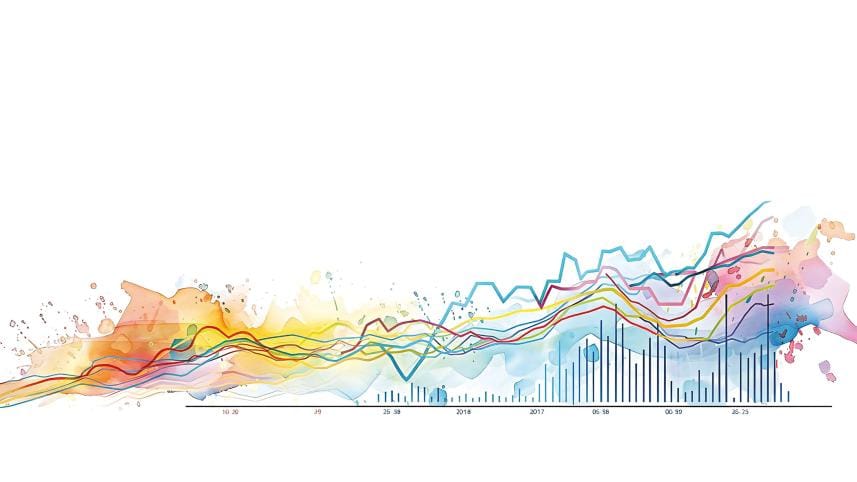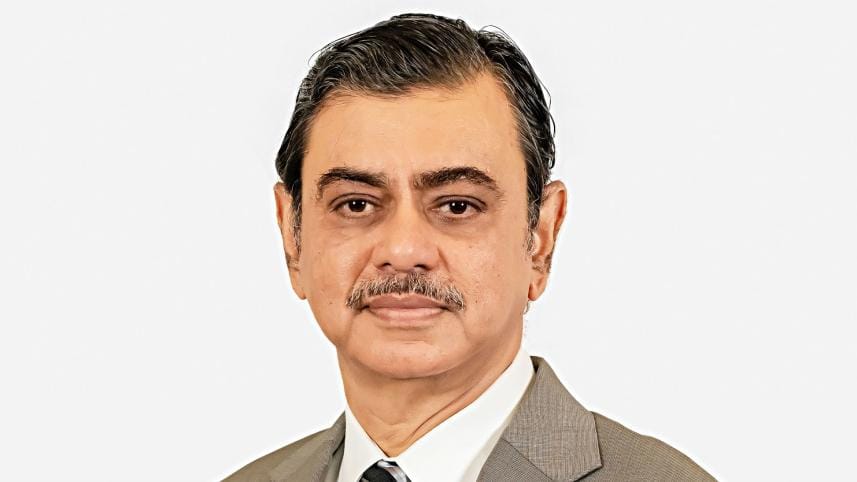“Expand access to refinancing schemes”

TDS: BRAC Bank has been recognised as a top performer in the 'Sustainability Rating 2023' by Bangladesh Bank. What are the most innovative and impactful sustainable financing products or strategies that contributed to this achievement?
Selim R.F. Hussain (SRFH): BRAC Bank is recognised as one of the top sustainable banks for the fourth consecutive year. The bank has consistently demonstrated a strong commitment to sustainability through its financing practices. Last year, our total financing for green initiatives amounted to BDT 26,104 million, while our sustainable finance reached BDT 236,434 million. As cited by Bangladesh Bank in the latest sustainable finance policy, we have financing in 10 out of 14 green sectors and all 4 sustainable finance sectors, underscoring our dedication to environmental and social responsibility.

As a Participating Financial Institution (PFI) in all major Bangladesh Bank refinancing schemes, we place significant emphasis on concessional funds for eligible borrowers. This influential role has been highly impactful in encouraging borrowers to engage in green projects, reinforcing our commitment to sustainability.
BRAC Bank has taken a major step forward by calculating our greenhouse gas (GHG) emissions for the entire organisation, a process endorsed by the Partnership for Carbon Accounting Financials (PCAF). This innovative approach marks a significant shift from traditional practices to more impactful and forward-thinking strategies, demonstrating our commitment to sustainability.
Our focus on digitisation complements our conventional banking practices, aiming to enhance customer involvement and streamline operations. Bangladesh Bank assesses the sustainability of commercial banks not only through their sustainable finance indicators but also through their core banking indicators. These include different ratios and parameters such as non-performing loans (NPL), liquidity coverage ratio (LCR), return on assets (ROA), number of branches, deposit accounts, etc. BRAC Bank's commitment to core banking sustainability, alongside its focus on sustainable finance, has earned this recognition.
TDS: What future plans does BRAC Bank have to further enhance sustainability within the financial sector?
SRFH: To advance our sustainability efforts effectively, we must examine global best practices and incorporate these proven standards into our own policies. By adopting international norms, we can align with global expectations and enhance our international relations and trade opportunities.
If significant changes are needed to achieve this alignment, we must be prepared to evaluate critically and, if necessary, revise our existing regulations and frameworks. This process may involve a comprehensive overhaul of current practices to ensure they meet international sustainability criteria.
Our primary objective should be to align with global net zero targets while actively avoiding greenwashing—making superficial or misleading claims about environmental practices without substantive actions. We must focus on concrete measures, such as investing more in renewable energy sources, promoting recycling, supporting the circular economy, and prioritising sectors with lower carbon emissions.
By emphasising these areas strongly, we can drive meaningful progress towards sustainability and demonstrate our commitment to genuine environmental responsibility.
TDS: What forms of government support would most effectively enhance your efforts in sustainable finance?
SRFH: It is crucial to align policy reforms with international standards to ensure effective and widespread adoption of green and sustainable financing. This alignment will further facilitate smoother and more efficient refinancing schemes. Bangladesh Bank currently offers refinancing schemes to support all segments' green products, projects and initiatives. However, these schemes are predominantly accessible to corporate entities due to the intricated documentation and associated processes. To foster broader adoption and encourage sustainability at all levels of business, it is essential to make these refinancing opportunities easily accessible to both corporate entities and small and medium-sized enterprises (SMEs). Expanding access to these schemes could support a wider range of businesses in their efforts to implement environmentally friendly practices and contribute to overall sustainable development. While Bangladesh Bank currently provides refinancing for environmental projects, introducing refinancing options for other sustainable finance would have even more significant impact.
It is not just about implementing green practices but also about creating a supportive environment. The government should actively promote digitalization and implement green practices in banking operations, such as reducing paper usage and using renewable energy. Additionally, it's crucial that supportive policies and encouragement are established to foster these initiatives.



 For all latest news, follow The Daily Star's Google News channel.
For all latest news, follow The Daily Star's Google News channel.
Comments